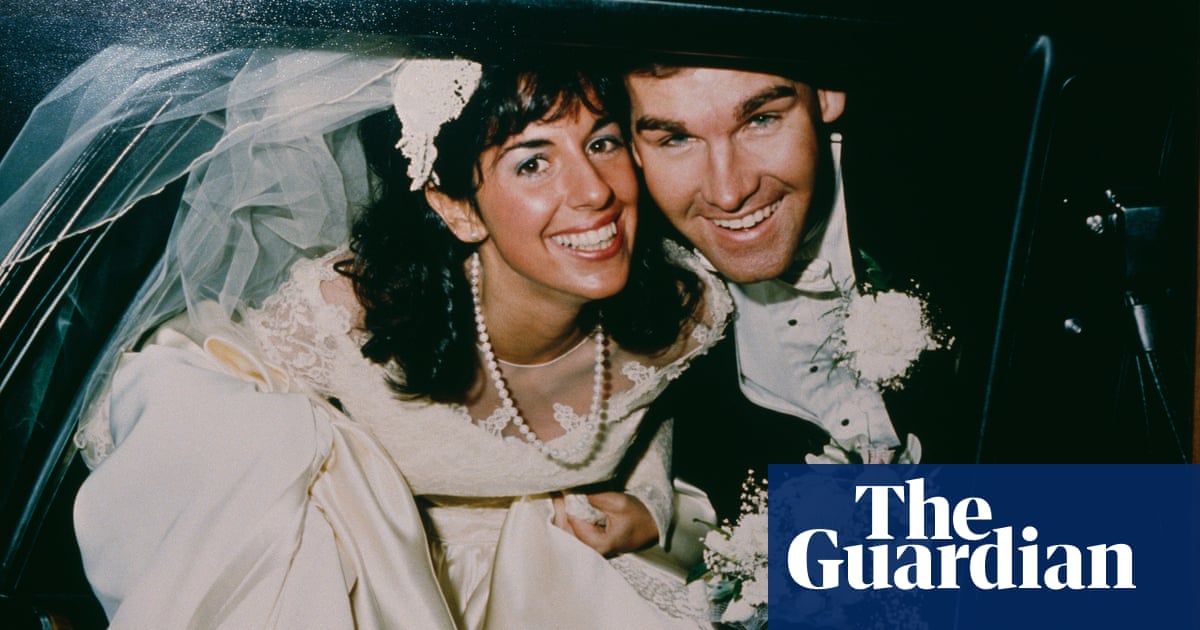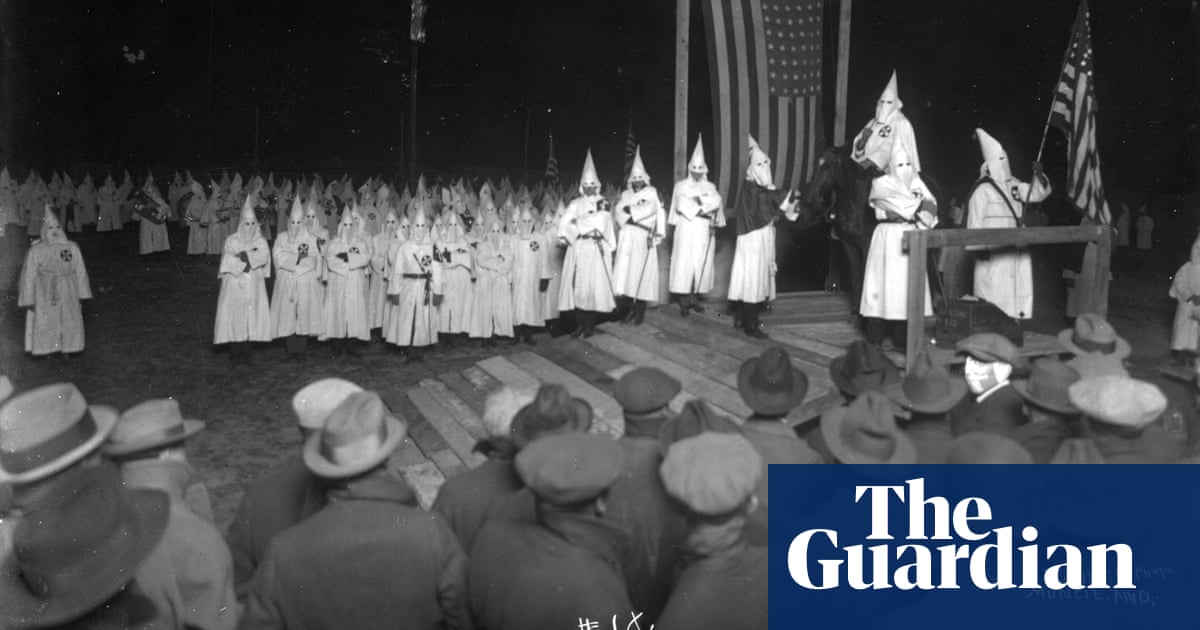
There are so many injustices in Israel’s new Nation-State Law that, regardless of the angle one looks at it from, one sees only a distortion of the democratic order through deliberate discrimination against minorities. It is plain racism, in which the majority thumps its chest in a daft and insensitive demonstration of its supremacy, just because it can.
What was allegedly designed to reinforce Israel’s identity as the “national home of the Jewish people” has triggered unprecedented outrage among more liberal minded Israelis, both Jews and Palestinians. In the unreal reality of Israel there was a belief, more probably a clutching at straws, that even in a state that defines itself as a Jewish state, every citizen was equal in the eyes of the law and treated the same as anyone else. With the passing of the Nation-State Law, this hope has vanished.
That progressive view, whereby a state defined by ethno-religious heritage is capable of perceiving its minorities as equals, might have been idealistic and unrealistic from the outset. For many within and beyond Israel, including the Jewish diaspora, the Nation-State Law is a rude awakening from such an unlikely utopia. And no segment of Israeli society has had a ruder awakening than the Druze and Circassian communities, who cast their lot with Israel from its inception, and with one stroke of legislation find themselves second-class citizens, with their language relegated from an official one to one with “special status,” and with any Jewish community entitled to deny them living space.
It is not difficult to understand the hurt of the Druze and Circassian citizens of Israel. These two small communities, of 140,000 and 4,000 respectively, choose to serve in the Israeli security forces, and hundreds have lost their lives or been badly injured serving what they saw as their country. Their uncompromising allegiance to the Jewish state and military service has put them in an awkward position vis-à-vis other minorities in Israel and Arabs across the region. Yet they have remained unwavering in their loyalty to Israel. The new law is a slap in the face, leaving feeling like mere mercenaries, that their absolute allegiance to the Jewish state still does not merit equal status as citizens.
Equality for the Druze and Circassian people should be observed not because they serve in the security services, and not because they might even agree with Zionist dogma, but because they are citizens of Israel.
Yossi Mekelberg
The hurt and sense of insult is understandable, and it is hard not to sympathize. It speaks volumes about the wisdom, let alone morality, of the great political “sages” who devised this revolting law and lacked the foresight to see its adverse effect on those who defend the country with their lives, whose only “fault” is not being Jewish. So far, all the clumsy and half-hearted attempts led by Prime Minister Netanyahu to address the justifiable concerns of the Druze and Circassians have achieved little. He is promising new legislation to recognize the contribution of minorities who defend the country by “enshrining eligibility for the benefits of minority members of all religions and communities who serve in the security forces, for the purpose of closing gaps and promoting social equality.” As always, Netanyahu resorts to his default option of verbal trickery, as here he is pledging equality in benefits, and nothing more. Furthermore, in promising this, there is also an admission that the law is inherently discriminatory against all minorities, in complete contradiction to what he and his supporters have so adamantly claimed.
In trying to fix such discrimination, realizing that it makes a mockery of the “the covenant of blood,” as relations between the Jewish state and the Druze are commonly referred to, the Israeli government is differentiating between minority and minority, and the level of inequality each faces. Partial exemption of the Druze from the new undemocratic law does not make it any better, and in some respects it adds insult to injury. On the one hand the Druze people of Israel remain unequal within their own country even if some additional legislation rescinds certain aspects of the adverse impact of the Nation-State Law. However, by that it makes the equality(ish) of minority citizens conditional on their readiness to sacrifice their lives for the country’s security. It sets a criterion of blood for a citizen with full rights. This is a reminder of some of the darkest regimes of the past. Equality for the Druze and Circassian people should be observed not because they serve in the security services, and not because they might even agree with Zionist dogma, but because they are citizens of Israel. This is the essence of a democracy.
And this should be the case for every citizen. Only laws that are applied equally and regardless of religion, ethnicity, gender or political affiliation should prevail in a country that claims to be a democracy. Equality before the law is not a reward, but a basic right. There are many ways to reward those who serve in the security services, as is the case in many other countries. It can be done through free education, cheaper mortgages or favorable pension benefits, for instance, but those are incentives, in recognition of the importance or risk of the job; they do not affect the legal status of those who receive them. Palestinian Israelis are not required by law to undertake military service, so it is not an excuse to discriminate against them. Jewish religious women, and many ultra-Orthodox men, are exempt from military service, but the new law does not remove their citizenship rights.
Because the Druze have every right to feel betrayed and insulted, their best remedy is not to accept special minority status compared to that of other minorities, but to add their voice to an unequivocal demand for the complete and immediate abolition of this law, and equality for all.
Yossi Mekelberg is professor of international relations at Regent’s University London, where he is head of the International Relations and Social Sciences Program. He is also an associate fellow of the MENA Program at Chatham House. He is a regular contributor to the international written and electronic media. Twitter: @YMekelberg
Disclaimer: Views expressed by writers in this section are their own and do not necessarily reflect Arab News" point-of-view












